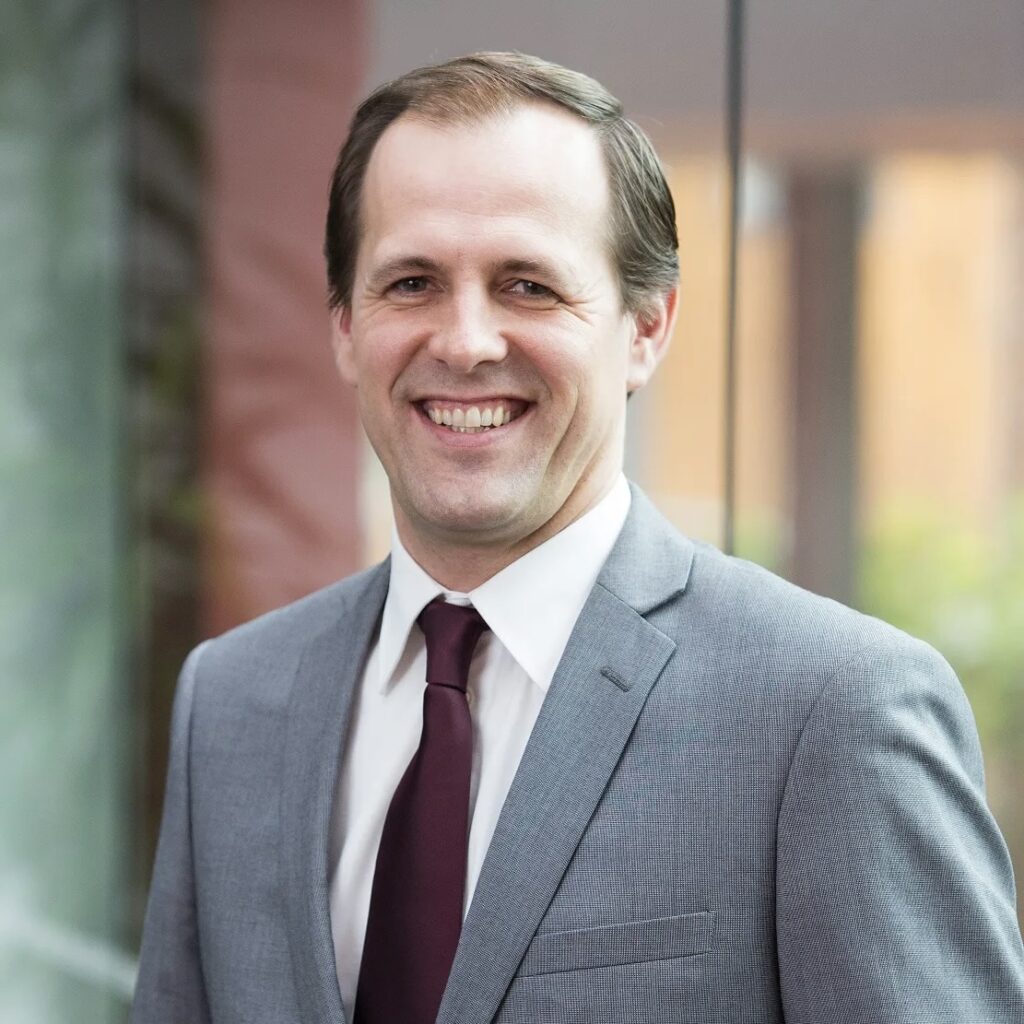What is your name?
Peter Zámborský
What do you teach/research?
I teach courses related to international business. My research is also in that area, focusing on how companies expand across borders, how they innovate on a global scale, and how they impact societies.
What did/do you study, and what inspired you to work in your current field?
I’ve done several degrees ranging from my bachelor’s in management and business/economics, master’s in European Integration and Economic History, and a doctoral degree in international economics and finance, with a focus on international business and international finance. My dad had a business which was supplying timber to customers around Europe, and to multinational companies based in Slovakia, my country of origin. This and the wave of foreign investors arriving in my region after the fall of the Berlin Wall formed my interest in international business.

As a student, I got my first job for the Economist Group, where I had a chance to interview managers of foreign companies doing business in Slovakia. I was hooked—moved to London and Boston after that to further my work experience and studies, then ended up in New Zealand with a job offer at the University of Auckland.
What are you currently researching or teaching that excites you?
I’m on a six-month research and study leave. This is a great feature of our academic job, when we can focus on exploring new research topics and visit foreign universities. I have several projects, some the role of digital technologies and multinational corporations and the clean energy transitions, another the ability of digital firms to be more agile and scale globally faster with the help of artificial intelligence.
What do you hope students take away from your course(s)?
I want my students to get excited about the opportunities out there in the world. New Zealand is a great country, but our people can make an even bigger impact on a global scale. I want my students to believe they can contribute to and eventually even manage companies operating in several countries. I am also a big believer in oral communication skills – and many of my courses have oral presentations or even marks based on oral discussions. I want my students to be confident communicators, and to be ready to take on the world with a gusto.
What makes for a strong student writer or thinker in public policy?
I think it’s important to follow the recent news and policy debates, including commentaries in outlets such as Foreign Affairs and the actual policy documents from organizations such as the Organization of Economic Cooperation and Development or the World Bank. The language used by various policy bodies differs depending on the audience. It’s like learning different languages – you need to communicate differently to New Zealand local councils and differently to a general audience of foreign affairs columns. Be empathetic – know your audience, and be able to craft your message in different styles.
Are there any policy issues you’re especially interested in right now?
I’ve been quite interested in the reform of the Overseas Investment Act in New Zealand, with an attempt to liberalize our approach to foreign investors so we get more capital from abroad. This is much needed to fund various needs of our economy and society – there’s just not enough capital on our shores. I’m also following the attempts to regulate artificial intelligence, such as OECD’s Principles on Artificial Intelligence, which promote trustworthy and innovative AI that upholds human rights and democratic values. Adopted in 2019 and updated in 2024, these principles provide both values-based guidance and practical recommendations for policymakers.
Any book, podcast, or paper that shifted your thinking or that you would recommend?
One policy-relevant academic paper I liked was a paper published in Journal of International Business Studies about a more comprehensive assessment of FDI’s societal impact. It urged people in my field to reach out to scholars in other disciplines to treat FDI from a more interdisciplinary perspective. Governments would benefit from having a more holistic – not just economic – view of FDI. The economic impact has to be analyzed alongside other – societal, environmental and geostrategic – facets of foreign investment. The paper is quite scholarly and not an easy read, but can be found here.
Thanks to Dr. Zámborský for taking the time to share his insights with us.




